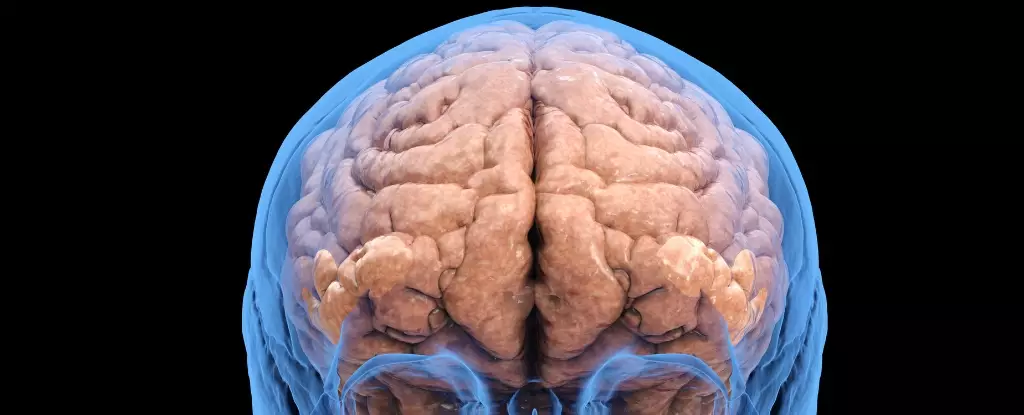The detrimental effects of drug addiction on the human brain have long been a subject of interest among scientists and researchers. Recent studies by a team from Rockefeller University and the Icahn School of Medicine at Mount Sinai have shed light on the specific pathways through which addictive drugs like cocaine and morphine disrupt the brain’s natural reward system. This discovery not only explains why drug use can override basic survival needs but also opens new doors for potential treatment interventions.
The team’s research involved the use of mouse models to investigate how the brain responds to drugs like morphine and cocaine in relation to the reward circuits that are typically activated by hunger and thirst. They found that addictive drugs can have pathologic effects on these neural pathways, distinct from the physiologic responses to natural needs like eating and drinking. By utilizing advanced techniques such as whole-brain mapping and genetic sequencing, the researchers were able to identify the brain’s nucleus accumbens (NAc) as a key player in both normal functions and drug rewards.
Neurons projecting from the brain’s orbitofrontal cortex to the NAc were identified as the culprits behind the reduced desire for natural rewards when activated by drug use. These neurons, in conjunction with neurotransmitters like dopamine and serotonin, play a crucial role in motivation, reinforcement, and pleasure. The study also revealed that repeated exposure to drugs can corrupt these neurons, leading to intensified drug-seeking behaviors and a prioritization of drug rewards over healthy goals.
While both cocaine and morphine activate specific subsets of neurons in the NAc, the researchers observed that these neurons became more responsive to the drugs compared to natural rewards like food and water. Over time, the mice showed a heightened interest in cocaine and morphine, while their response to basic needs decreased. This shift in behavior was accompanied by changes at the genetic level, particularly involving the Rheb gene, which influences neuron communication and memory of rewards.
The identification of the pathways and proteins involved in drug-induced alterations of the brain’s reward system provides potential targets for therapy. By understanding how addictive drugs can disrupt the processing of natural rewards, researchers hope to develop more effective treatments for addiction, which currently lack optimal solutions. Further research is needed to elucidate how these drugs override the brain’s value computations and lead to addictive behaviors.
The recent findings regarding the impact of drugs on the brain’s reward pathway offer valuable insights into the mechanisms of addiction. By unraveling the neural processes that underlie drug-induced alterations in behavior, scientists are moving closer to developing targeted interventions for addiction. This research not only enhances our understanding of the complex relationship between addictive substances and the brain but also paves the way for future advancements in addiction treatment.



Leave a Reply